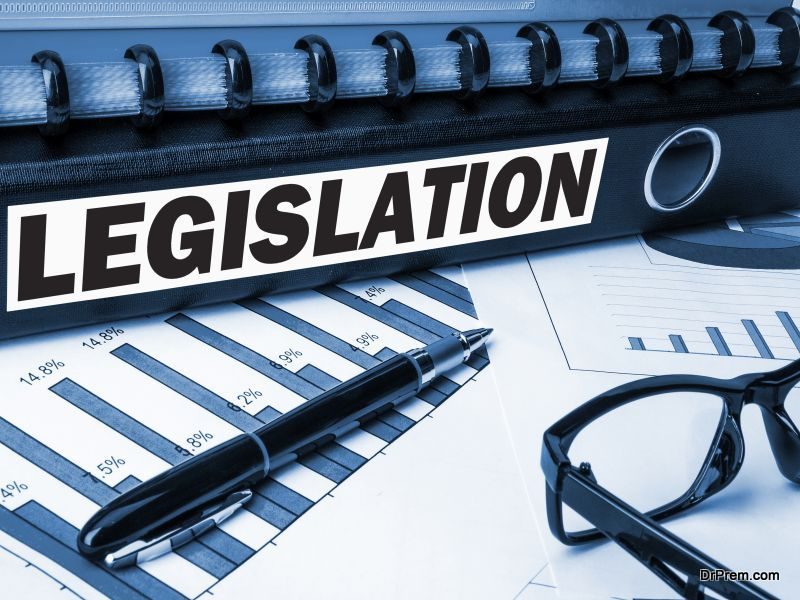Voters in more rural areas such as the state of Montana, which Mike Crapo represents, often have a different set of legislative concerns than those in largely urban states. However, there is so much information for or against bills in many cases that voters might wonder whether their interests are represented by the legislation under consideration at any time. The good news is that it is fairly easy to research bills and track their progress.
Differences in Perspectives
Voters in many areas throughout the western United States, for example, often have concerns about protecting the environment while also protecting industries that provide employment. However, not all of the bills that pertain to these issues receive widespread attention and many voters are surprised to see how much legislation is under consideration. A search for Senator Mike Crapo legislation or bills, for example, shows items that relate to bills covering everything from environmental regulations to transportation.
Finding the Text of Legislation
Although a lot of bills receive media attention, there is a lot of press speculation and analysis that makes it difficult to figure out what the legislation involves. Where commentators are often divided by their political beliefs, this often makes deciphering what is going on with a bill more difficult. Reading a bill’s full text without additional commentary is usually the best way to decide for or against a bill.
Tracking the Bills
It is always a good idea to track bills that you want to follow because they may pass through several stages. Many bills that you hear about end up phasing out before they leave a committee. If introduced into and passed by the Senate, they must also pass the House of Representatives before the President signs them.
Is a Bill Good or Bad for Your State?
If reading the text of a bill doesn’t give you the clarification you need, consider looking to supplemental sources. There are likely to be columns from journalists closely following a bill or letters to the editor addressing the bill that can provide insights for or against the legislation. Also, consider consulting legislative alerts from groups, as well as voter guides.
Responding to Their Action
Responding to the action your Senator or Representative takes is a good idea, regardless of whether you agree or disagree. Congressional representatives need to hear from their constituents to know what matters to the voters. Some of the options include calling their office in Washington or locally, writing or sending an email.
One thing to remember is to be respectful, even if you disagree with the action taken. When talking to members of their staff, it helps to remember that they have a difficult job sometimes and be understanding of the job they are doing. Also, don’t forget to thank whoever you correspond with for their time. When you feel that they are accurately representing your needs, don’t forget to acknowledge this fact and thank them. Knowing that constituents are involved in the political process helps give elected officials are better means of doing their job.
Article Submitted By Community Writer






